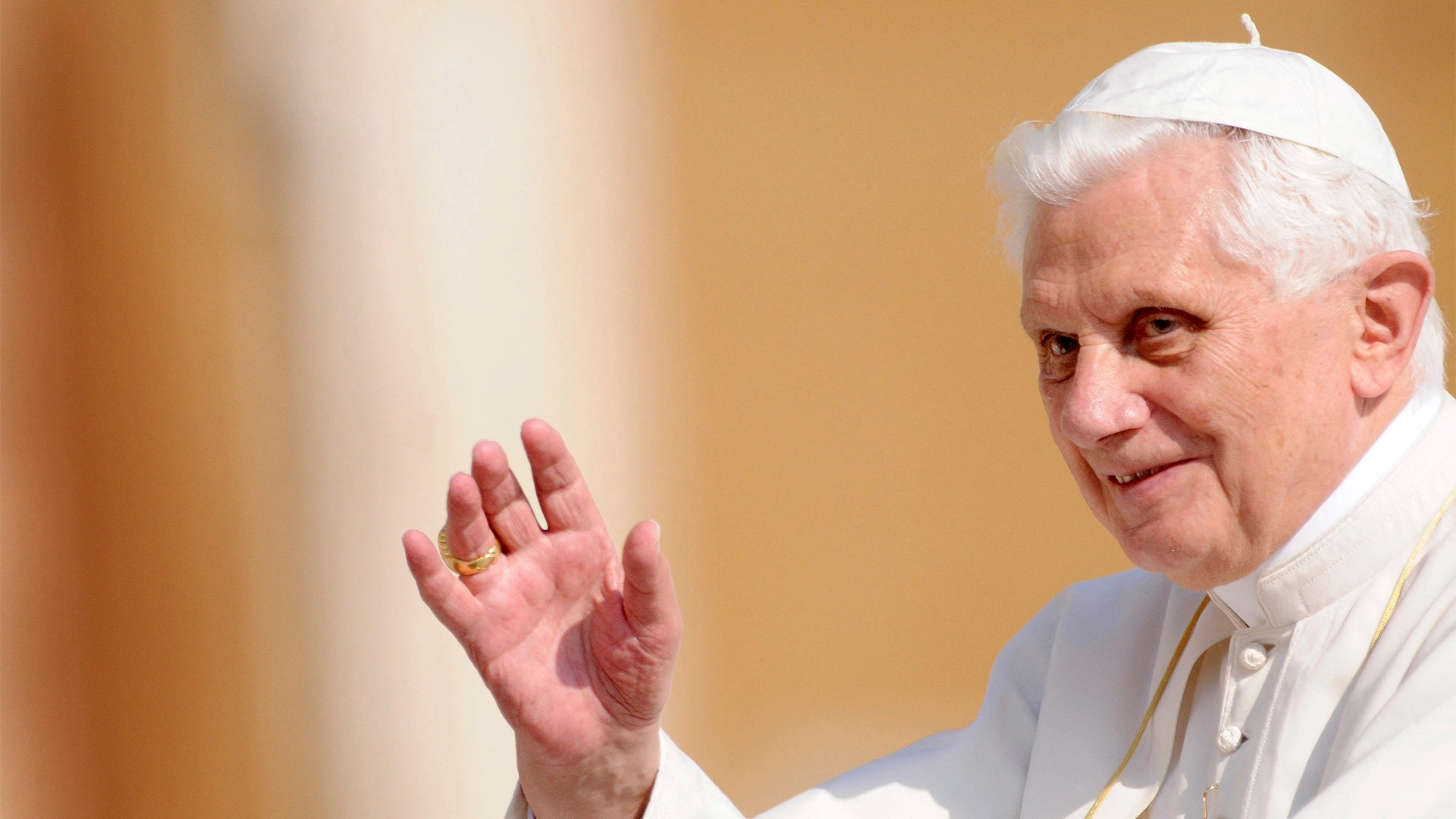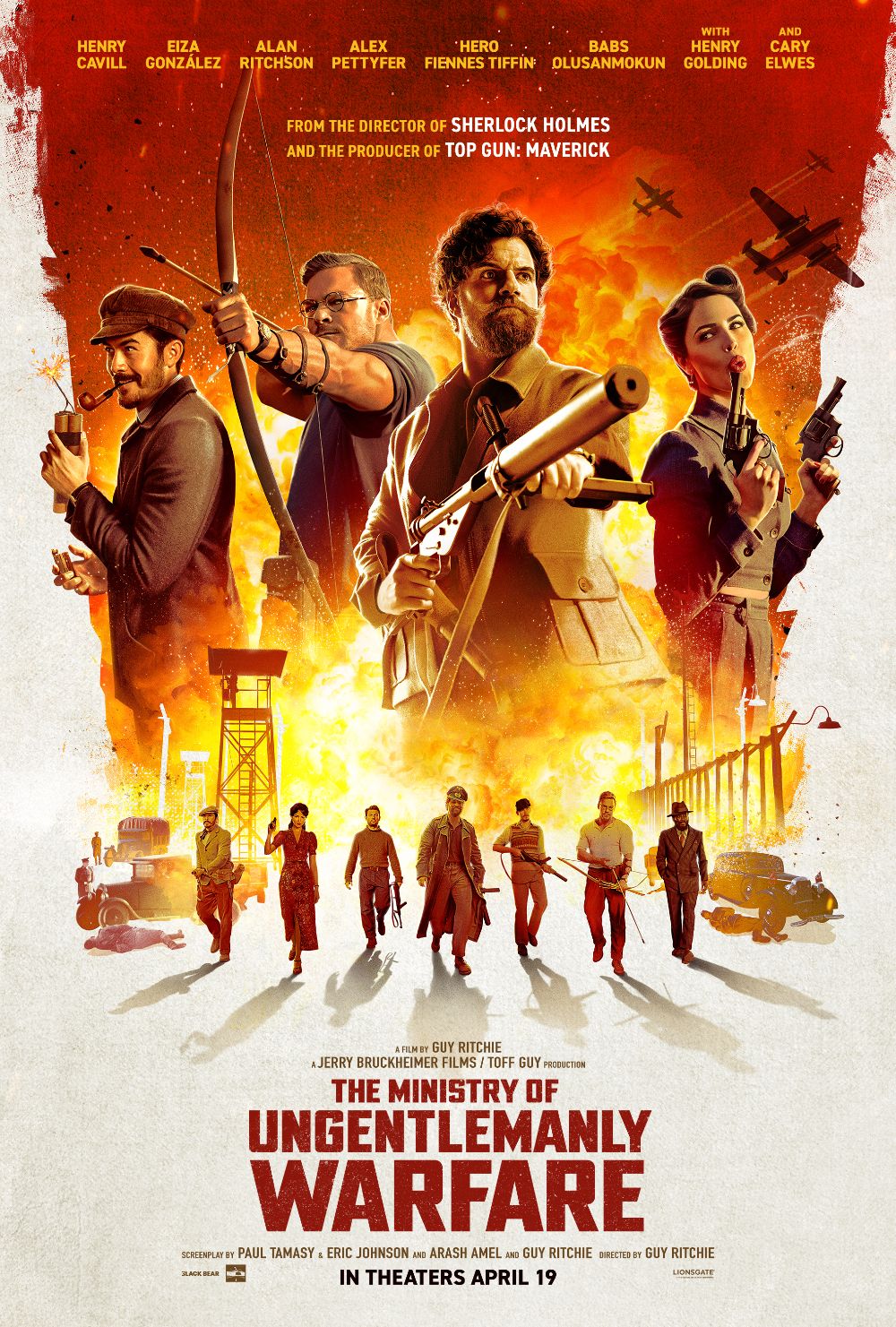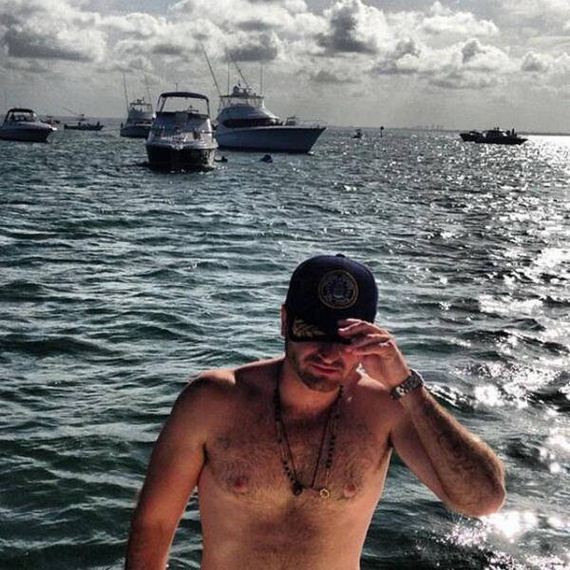Pope Francis' Successor: A Look At The Nine Frontrunners

Table of Contents
Cardinal Pietro Parolin: The Experienced Diplomat
Theological Stance: A balanced approach emphasizing both tradition and dialogue.
- Strong adherence to Catholic doctrine.
- Openness to interfaith dialogue and ecumenical relations.
- Focus on the social teachings of the Church.
Pastoral Approach: Emphasis on diplomacy and international relations.
- Extensive experience in Vatican diplomacy.
- Proven ability to navigate complex international issues.
- Focus on fostering peace and understanding between nations.
Potential Impact: A papacy focused on global unity and international cooperation.
- Potential for strengthened relationships with other world religions.
- A focus on addressing global challenges such as climate change and poverty.
- May face challenges in uniting differing factions within the Church.
Cardinal Luis Ladaria Ferrer: The Theologian
Theological Stance: A deep understanding of Catholic theology and doctrine.
- Extensive academic background in theology.
- Known for his rigorous scholarship and intellectual contributions.
- Emphasis on the importance of orthodox theological understanding.
Pastoral Approach: A focus on theological education and formation.
- Experience in theological education and leadership roles.
- Dedicated to fostering a strong understanding of Catholic teaching.
- May favor a more traditional approach to pastoral care.
Potential Impact: A papacy that prioritizes theological clarity and orthodoxy.
- Potential for a renewed emphasis on theological education and formation.
- May lead to a more traditional approach to issues of faith and morals.
- May struggle to connect with younger generations who seek a more progressive approach.
Cardinal Marc Ouellet: The Conservative Choice
Theological Stance: Strong adherence to traditional Catholic teachings.
- Emphasis on the importance of orthodoxy and moral clarity.
- Known for his conservative views on social issues.
- A strong defender of traditional Catholic doctrines.
Pastoral Approach: Focus on strengthening traditional Catholic practices and values.
- Experience in pastoral care and leadership roles.
- Emphasis on the importance of community and traditional religious practices.
- Known for his conservative stance on social and moral issues.
Potential Impact: A return to more traditional Catholic practices and a stricter adherence to doctrine.
- Potential challenges for progressive Catholics.
- Possible increased polarization within the Church.
- May face resistance from those seeking internal reforms.
Cardinal Leonardo Sandri: The Experienced Administrator
Theological Stance: Pragmatic approach, balancing tradition with pastoral concerns.
- Deep understanding of Church governance and administration.
- Experience in various leadership roles within the Vatican.
- Known for his ability to navigate complex administrative challenges.
Pastoral Approach: Focus on efficient and effective Church management.
- Extensive experience in overseeing various Vatican departments.
- Proven ability to manage diverse teams and projects.
- A focus on streamlining operations and improving efficiency.
Potential Impact: A papacy focused on effective governance and administrative reform.
- Potential for improved efficiency and transparency within the Church.
- May prioritize administrative reforms over significant theological shifts.
- May face challenges in addressing pressing social and moral issues.
Cardinal José Tolentino Calaça de Mendonça: The Charismatic Preacher
Theological Stance: A blend of traditional beliefs and modern perspectives.
- Known for his engaging and inspiring preaching style.
- Ability to connect with diverse audiences.
- Focus on the intersection of faith and culture.
Pastoral Approach: Emphasis on communication and pastoral outreach.
- Experience in pastoral care and community building.
- A focus on building bridges between faith and culture.
- Ability to communicate complex theological ideas effectively.
Potential Impact: A papacy that emphasizes communication and engagement with the world.
- Potential for renewed interest in the Catholic faith among younger generations.
- May face challenges in reconciling traditional and progressive viewpoints.
- Could foster a more inclusive and welcoming church environment.
Cardinal Michael Czerny: The Social Justice Advocate
Theological Stance: Emphasis on social justice, human rights, and the preferential option for the poor.
- Deep commitment to social justice initiatives.
- Active in advocating for the rights of marginalized communities.
- Focus on the Church's role in addressing social inequality.
Pastoral Approach: Emphasis on service to the poor and vulnerable.
- Extensive experience in working with marginalized communities.
- A strong advocate for social justice and human rights.
- Focus on creating a more just and equitable world.
Potential Impact: A papacy focused on social justice and the needs of the poor.
- Potential for significant changes in Church policy regarding social justice issues.
- May face challenges from those who prioritize traditional doctrines over social concerns.
- Could inspire increased engagement in social justice work within the Church.
Cardinal Fridolin Ambongo Besungu OP: The African Leader
Theological Stance: Emphasis on African perspectives and the role of the Church in Africa's development.
- Deep understanding of African culture and challenges.
- Experience in leading the Church in Africa.
- Focus on the role of faith in promoting social justice and development in Africa.
Pastoral Approach: Emphasis on pastoral care, community development, and fostering peace.
- Extensive experience in pastoral leadership in Africa.
- A focus on community development and fostering peace and reconciliation.
- Strong advocate for the Church's role in promoting human dignity and development.
Potential Impact: A papacy that prioritizes the needs of the African continent and the global South.
- Potential for greater attention to issues affecting developing countries.
- May offer fresh perspectives on global challenges.
- May face challenges in navigating differing cultural and theological perspectives.
Cardinal Oscar Rodriguez Maradiaga: The Reformist
Theological Stance: Openness to dialogue and reform within the Church.
- Advocate for greater inclusivity within the Church.
- Supporter of internal reforms aimed at greater transparency and accountability.
- Known for his progressive views on several social issues.
Pastoral Approach: Focus on collaboration and dialogue across different groups within the Church.
- Experience in promoting dialogue and reconciliation within the Church.
- Focus on fostering unity and understanding between different factions.
- Advocates for a more participatory approach to Church governance.
Potential Impact: A papacy that prioritizes internal reform and greater collaboration.
- Potential for significant changes in Church structures and processes.
- May face challenges from those resistant to change.
- Could lead to a more democratic and participatory Church.
Cardinal Seán Patrick O'Malley: The Experienced Pastor
Theological Stance: Balanced approach, combining traditional teachings with pastoral sensitivity.
- Known for his pastoral care and leadership skills.
- Experience in leading a large and diverse diocese.
- Focus on building strong faith communities.
Pastoral Approach: Emphasis on personal relationships, community building, and spiritual growth.
- Extensive experience in pastoral ministry and community engagement.
- Known for his compassionate leadership style.
- Focus on fostering spiritual growth and fostering strong parish communities.
Potential Impact: A papacy that emphasizes pastoral care and personal relationships.
- Potential for a renewed emphasis on community building and spiritual growth.
- May lead to a more personal and less formal approach to Church governance.
- Could foster stronger relationships between the Church and the community.
Conclusion
The election of Pope Francis' successor will be a pivotal moment for the Catholic Church. The nine cardinals profiled above represent a diverse range of theological perspectives and pastoral approaches. Understanding their individual strengths, weaknesses, and potential impacts is crucial to comprehending the future direction of the Catholic faith. While predicting the outcome remains impossible, exploring these potential candidates provides valuable insight into the complex dynamics at play within the Vatican. To stay updated on the latest developments and further analysis of the potential candidates for Pope Francis' successor, continue to follow our coverage. Learning more about the possible candidates for the next Pope is key to understanding the future of the Catholic Church.

Featured Posts
-
 Mc Ilroy Lowry Team Six Behind In Zurich Classic Title Hunt
May 12, 2025
Mc Ilroy Lowry Team Six Behind In Zurich Classic Title Hunt
May 12, 2025 -
 Why The Ministry Of Ungentlemanly Warfare Flopped Ritchie Cavill And A Missed Opportunity
May 12, 2025
Why The Ministry Of Ungentlemanly Warfare Flopped Ritchie Cavill And A Missed Opportunity
May 12, 2025 -
 Is Black Gold Within Reach Uruguays Offshore Drilling Prospects
May 12, 2025
Is Black Gold Within Reach Uruguays Offshore Drilling Prospects
May 12, 2025 -
 A Peek Inside Rich Kids Cribs And Their Lavish Lifestyle
May 12, 2025
A Peek Inside Rich Kids Cribs And Their Lavish Lifestyle
May 12, 2025 -
 Efficient Automated Visual Inspection Addressing Challenges In Lyophilized Vial Analysis
May 12, 2025
Efficient Automated Visual Inspection Addressing Challenges In Lyophilized Vial Analysis
May 12, 2025
